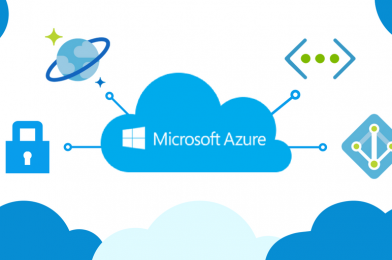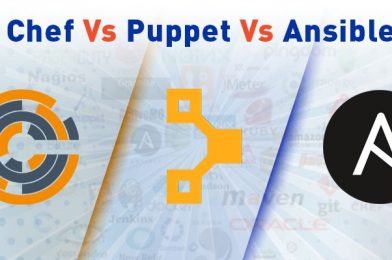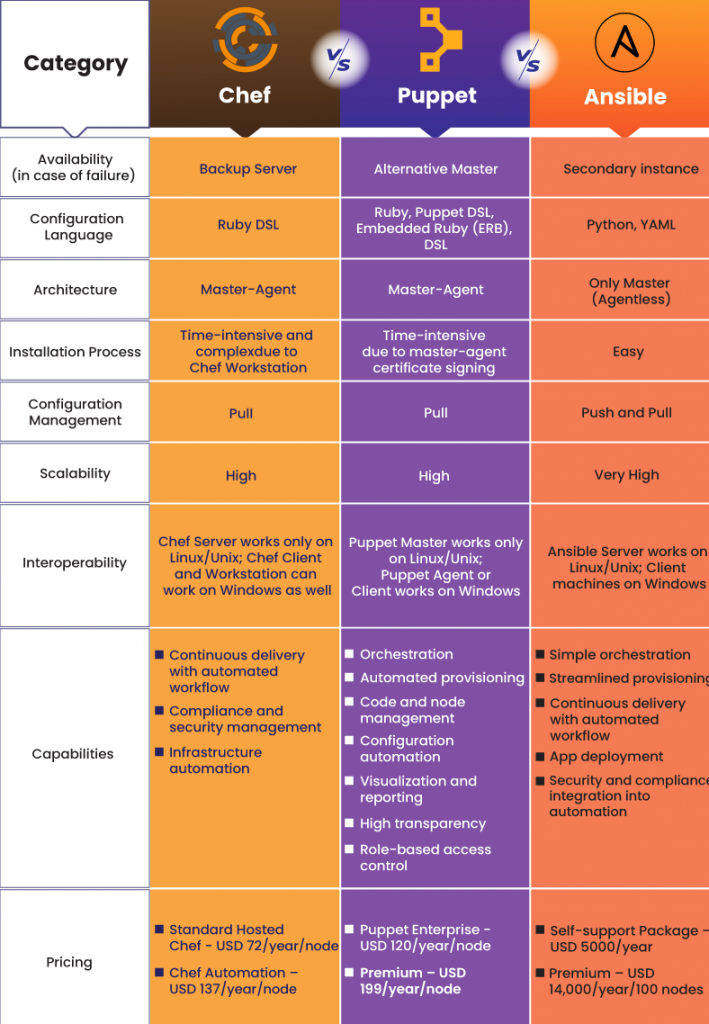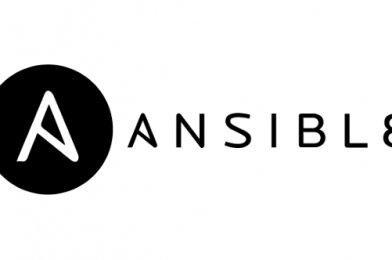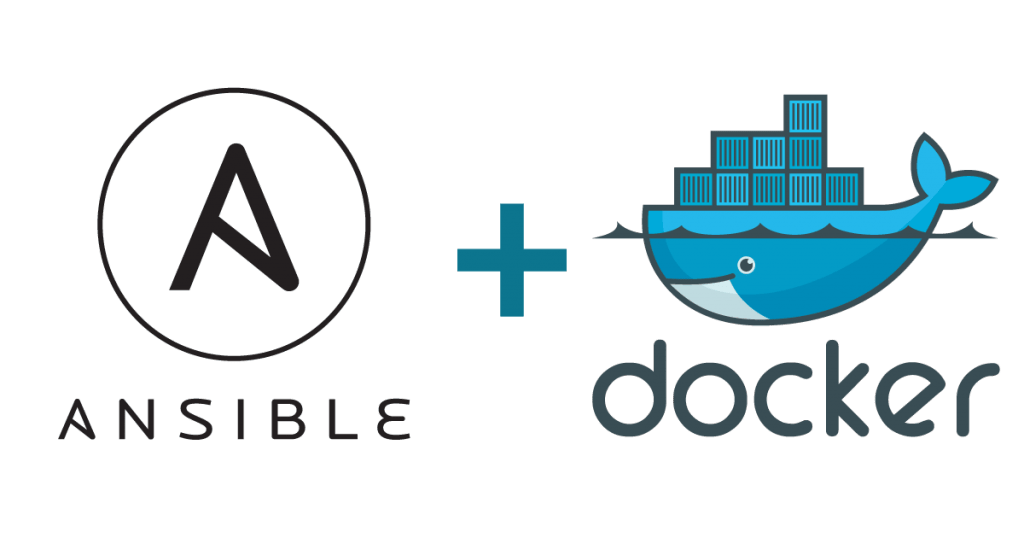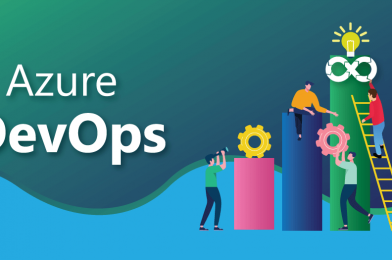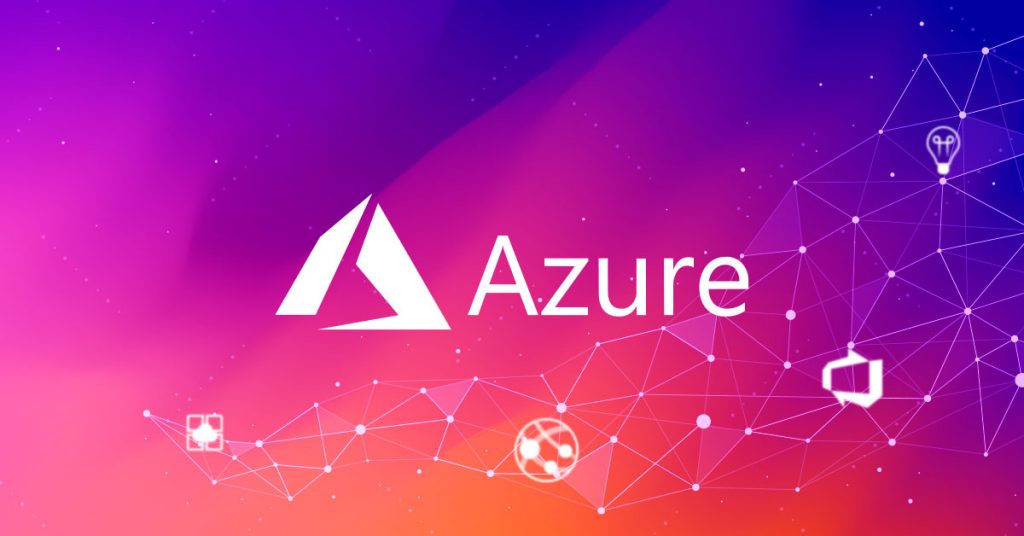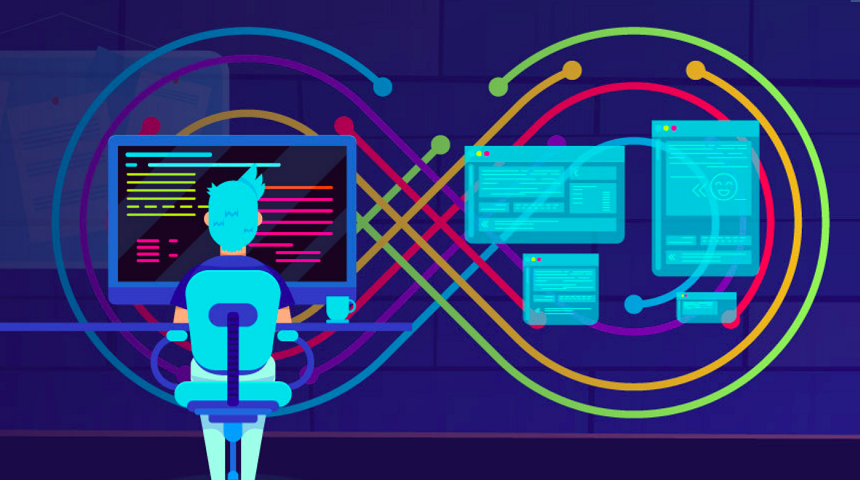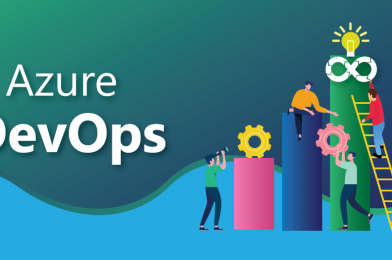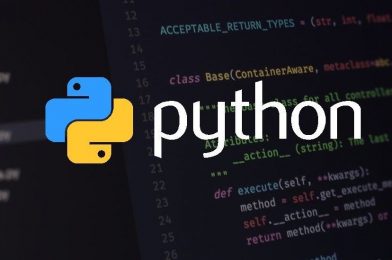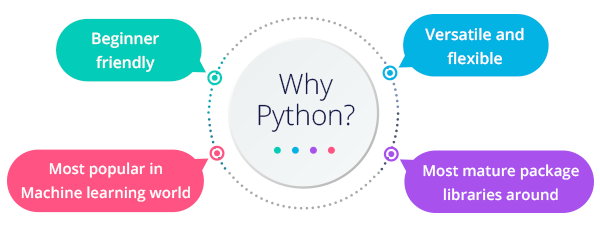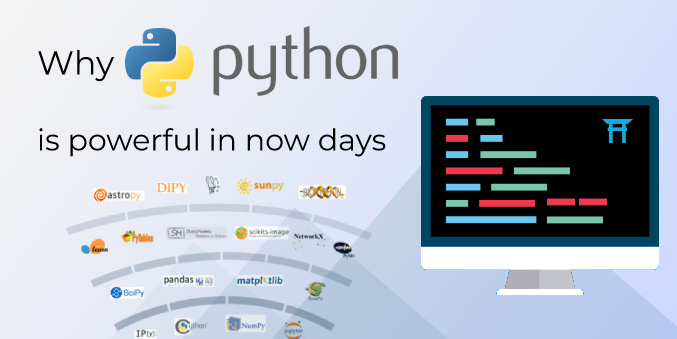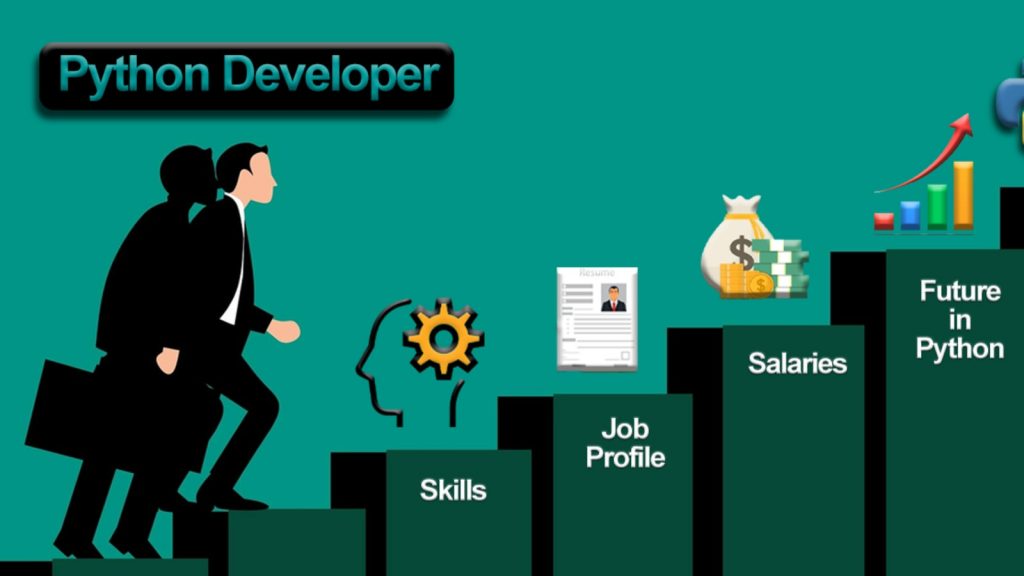Today any industry or an enterprise of any size needed flexibility and efficient storage solution. Azure offers a fast method to collect data, analyse it, and use several methods and tools to enable companies, including some of the Fortune 500 organizations, to deliver their services and products to their users within a minimal time of frame.
In this blog, you will discuss about the Azure Administrator and learn how to become a Microsoft Azure Administrator:

Who is an Azure Administrator?
Azure administrators manage cloud services that span storage, security, networking, and also compute cloud capabilities. The certification is a role-based and validates ability to implement, monitor and maintain Microsoft Azure solutions, including major services related to compute, storage, network, and security.
If you planning to enter in this profession, then you must clear the AZ-104 Microsoft Azure Administration certification exam first. You will learn about az-104 in detail further in the blog.
Azure Professional Skills
If you want yourself in Azure-based profession, than you must have skills that you need to acquire, such as comfortable working with UNIX, Windows, and other operating systems, setting up cloud systems, balancing and deploying workloads, and more.
Skills that you need to acquire to become an Azure professional:
- In-depth knowledge of Cloud Computing services.
- Understanding of functions in databases, servers, networking, and software in the cloud.
- Knowledge of Microsoft and familiar working with Microsoft 365 and PowerShell.
- Knowledge of at least one programming language.
- Should have clear the Azure Administrator certification exam conducted by Microsoft.
Azure Administrator Certification AZ-104
AZ-104 is one of the latest exams released by Microsoft in year 2020 which is the replacement of AZ-103. Once you clear the AZ-104 exam, Microsoft will reward you with the Azure Administrator Associate certification. Talking about this certification price, it is about US$165, and you have to pay the same for every next attempt.
Azure Administrator Jobs
As per the records, there are over 51,000 vacancies for Azure professionals, all in the leading companies in the United States. In India, there are more than 19,000 job openings for these experts.
Following are some of the job profiles related to Azure that recruiters hire the most:
- Azure Administrator
- System Administrator
- Azure Cloud Solutions Consultant
- Azure Customer Engineer
- Azure Services Sales Specialist
- Azure Technical Support
- Azure Cloud Engineer
- Azure Systems Engineer
- Cloud Architect
- Azure AD Engineer
Clearing this Azure Administrator certification exam is very important to get any of the job roles mentioned. But after all this, for getting selected for these jobs, you must also prepare a good Azure Administrator resume, consisting of all the demanding skills mentioned in the job description.

Let’s take a look at some of the job descriptions so that you understand the roles better.
Why you should get Microsoft Azure Certification?
Everybody want a good career with handsome income. According to the recent studies, Azure Administrator jobs salary in India is approximately ₹563,000 per annum, which is much higher than most of the other IT salaries. These professionals’ salary range in India is between ₹333,000 and ₹1,307,000 per year.
Azure Administrator Associate is one of three role-based certifications taking its place. In every aspect of IT, cloud plays an important role. Most of the organizations have some dependency on a cloud platform and most of these companies use Microsoft Azure as a part of their cloud infrastructure to host their services as part of an efficient, highly-scalable architecture.
To remain competitive in IT domain, cloud almost certainly needs to be part of someone skillset. The Azure Administrator Associate certification is for individuals who is looking to enhance their current career or are looking to get into a new role as an Azure cloud administrator.
Exam Structure
| AZ-104 | Exam Details | |
| Name of the Exam | Microsoft Certified Azure Administrator Associate (AZ-104) |
| Exam Code | AZ-104 |
| Technology | Microsoft Azure |
| Prerequisites | None |
| Exam Duration | 150 Minutes |
| Number of Questions | 40-60 |
| Registration Fee | $165 USD(plus applicable taxes) |
| Exam Language | English, Korean, Japanese and Chinese |
Conclusion
So, If you want to prepare for the Azure Administration exam from Microsoft and become proficient in this domain than this blog provide you knowledge about who these professionals are, the necessary skills in this domain, the certification that you need to clear to get into this field, the job opportunities available after clearing the certification, and more. Now the question is where I can get Certification with quality learning and hands-on projects and many more. For this I would like to suggest you DevOpsScool, one of the best and leading institute for AZ-104 Certification, with best expert. Guide you throughout your learning and provide you best support you want.
Thank you!!

